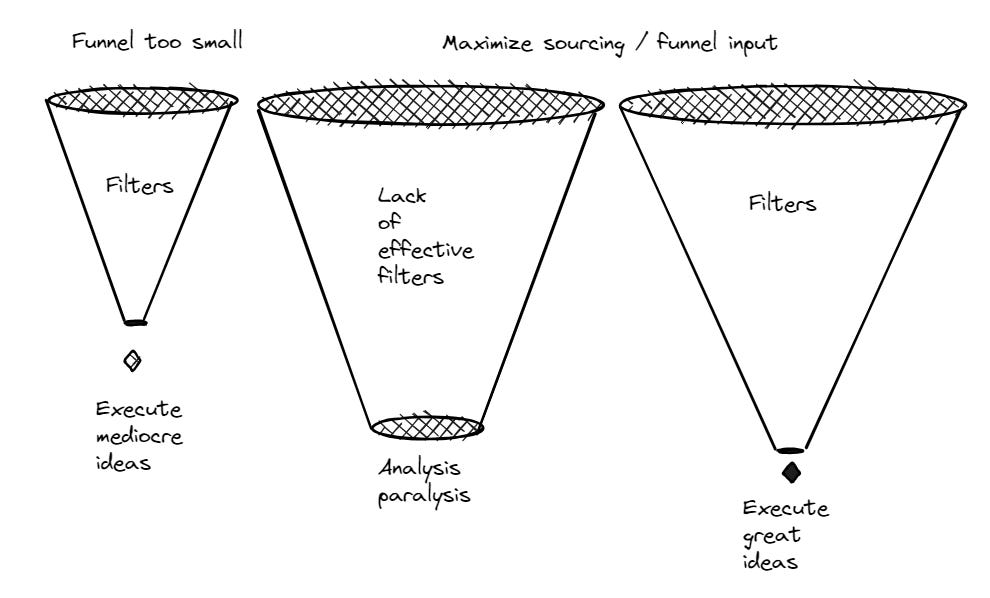- Think Like an Owner
- Posts
- Reflecting
Reflecting
Work Reflects on the Manager as Much as the Employee
Managers and business owners find themselves caught in a seemingly endless cycle of repetition. They provide instructions to employees, only to discover the outcome isn't quite what they had envisioned. This cycle often leads to frustration, decreased productivity, and an erosion of morale, but the solution may be more straightforward than you think. It's time to shift the perspective: it's not always about the employee - oftentimes, it’s on the manager.
And I’m not just talking about you, I am talking also about managers or leaders in your company. You may have to coach them, steer them, and show them how to be a great manager. Then in turn, these managers will learn to coach others.
A manager is not just a figurehead or a person who delegates tasks. A manager is a leader, a coach, and a mentor. It's the manager's role to provide clear communication, set reasonable expectations, offer resources for growth, and most importantly, foster an environment where employees feel empowered and motivated to contribute their best.
If you find yourself repeatedly telling employees to do something, and they aren’t doing it well, it's not necessarily a sign of defiance or incompetence on their part. Instead, it's likely a symptom of a larger issue, like a communication gap, lack of proper training, or an absence of effective feedback.
Here are a few strategies that managers can employ to break this cycle:
Clear Communication
The first step to improving employee performance is ensuring clear and concise communication. When instructing employees, be specific about your expectations. Do not assume they know what you want. Instead, detail what you are expecting in terms of outcome, the timeframe for completion, and the resources available to achieve the task. By leaving no room for interpretation, you mitigate the chances of misunderstanding.
It’s going to take iterations to get the instructions to be clear. For my first few rounds of instructing new hires on a task, I like to do it in person or online with them. Just reading a document doesn’t always elicit clarifying questions or ideas.
Effective Training
If an employee continually struggles with a particular task, it could be a sign that they need more comprehensive training. Consider implementing a more robust training system, complete with hands-on learning, mentorship, and regular opportunities for practice and feedback. Remember, even experienced employees can benefit from ongoing training and skill development.
Constructive Feedback
Feedback should be timely, specific, and constructive. It’s not enough to tell an employee they've done something wrong. Highlight where they went astray and provide guidance on how they can improve. But don't forget to acknowledge their successes as well. Positive reinforcement can be a powerful motivator.
Empowerment and Trust
Empower your employees by trusting them with responsibilities. Employees who feel trusted and valued are often more motivated and productive. Show them you trust their abilities and judgment. Foster a work environment where mistakes are seen as learning opportunities rather than failures.
If an employee is consistently underperforming, look in the mirror before looking out the window. Is there something different you could be doing to facilitate their success? Effective leadership requires introspection and the courage to make necessary changes.
In the end, the success of any small business is a team effort.
Thanks to Everest Brady for his help, writing, and research in assembling this week’s newsletter.
This Week on Think Like an Owner
This is our third episode in our Launch Series, this conversation focused on managing the due diligence process after a signed LOI with past guest Ryan Turk, CEO of Radiation Detection Company, and Keith Gross, Partner at Pacific Lake.
This discussion touches on managing third parties, the importance of open and regular communication, the goals of different types of due diligence, and focusing on the issues that matter.
Read
Listen
This Week in SMB Twitter
A reminder this week that the stakes are real in the first 30 days of an acquisition:
$8m HVAC co, very recently acquired in our area, is being completely gutted of its staff due to a botched integration.
I've interviewed 4 of their people so far with more lined up. 3 hires.
— Rich Jordan | Strongpoint (@StrongpointRich)
1:33 AM • Jul 7, 2023
Henry Singelton really is one of the greatest business minds to ever exist .
— Finding Compounders (@F_Compounders)
3:23 PM • Jul 7, 2023
What happens in the days after you die?
It will be horrible for your loved ones.
I just learned about something you can do to make that easier for them:
The Green Box Exercise.
— Michael Girdley (@girdley)
12:15 PM • Jul 8, 2023
Think Like an Owner is sponsored by:
Ravix Group - Ravix Group is a fraction CFO, outsourced accounting, and HR consulting firm serving small and large businesses alike. Whether you or someone you know is getting started, searching to buy a business, or building out an organization, Ravix will help on the journey. To learn more about Ravix Group, head to their website and tell them Think Like An Owner sent you.
Hood & Strong, LLP – Hood & Strong is a CPA firm with a long history of working with search funds and private equity firms on diligence, assurance, tax services, and more. To learn more about how Hood & Strong can help your search, acquisition, and beyond, please email one of their partners Jerry Zhou at [email protected].
Oberle Risk Strategies– Oberle is the leading specialty insurance brokerage catering to search funds and the broader ETA community, providing complimentary due diligence assessments of the target company’s commercial insurance and Employee benefits programs. If you are under LOI, please reach out to learn more about how Oberle can help with insurance due diligence at oberle-risk.com. Or reach out to the CEO, August Felker, directly at [email protected].
Interested in sponsoring? Reply to this email and let’s chat.





